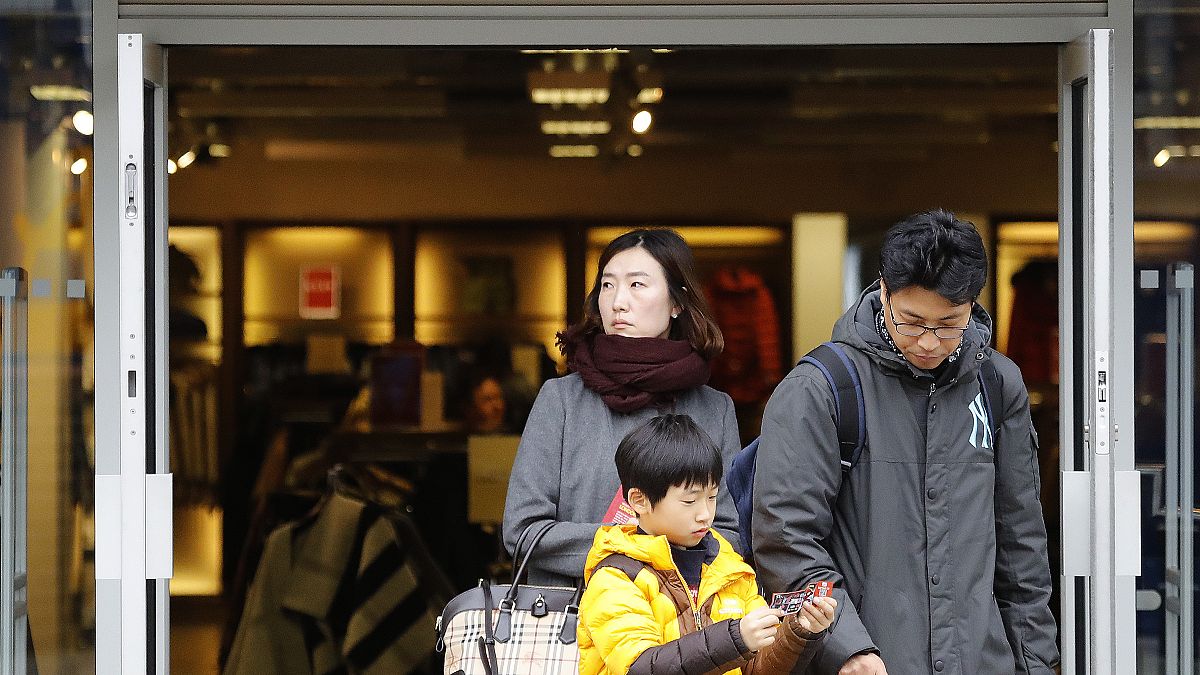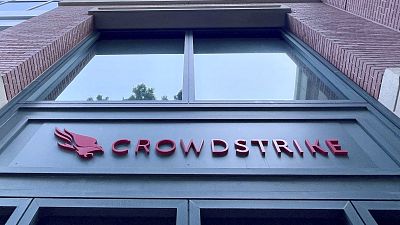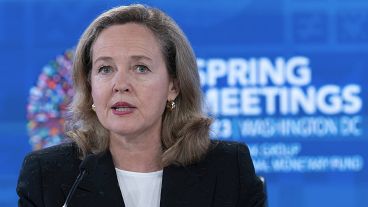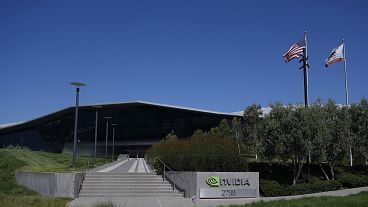Burberry has been facing challenges such as changes in strategy and recently suspended its dividend. EasyJet has been dealing with the fallout of price wars because of last-minute bookings by passengers.
EasyJet and Burberry may potentially lose their spot in the upcoming FTSE 100 reshuffle, according to the London Stock Exchange Group (LSEG)’s indicative quarterly review changes for September, released on Tuesday. This was based on data as of 23 August.
However, the actual review for all FTSE UK indices will be done on 3 September, with final changes being revealed on 4 September, following market close.
If so, Burberry and EasyJet are likely to go down to the mid-cap FTSE 250 index, allowing their shares to be traded as usual.
EasyJet shares were up 0.78% on Wednesday afternoon, whereas Burberry shares were down 2.92%.
Although Burberry has been a major name in the UK market for several years now, it has also been dealing with increasing challenges in the last several months. This includes strategy changes, such as trying to target more upmarket consumers, as well as the decision to suspend its dividend.
The company has also faced falling demand in China, which has historically been one of its main markets. This is mainly because of consumers there still facing cost of living pressures, leading to them pulling back on luxury purchases and hunt for goods which yield more value for money.
Dan Coatsworth, investment analyst at AJ Bell told Euronews: “Burberry’s shares have this month hit a 14-year low as the company has gone out of fashion with investors. A lacklustre economic rebound from China post-pandemic has been problematic for the company, given the country has historically been a rich source of earnings. However, some of Burberry’s problems have been down to its own making as well.
“The decision to take Burberry more upmarket and then heavily discount products to shift unsold stock looks like a bad move. While shoppers love a bargain, discounting can tarnish a luxury brand as it is perceived to be less desirable.
“A change in management gives the company some breathing space to drive a recovery plan, but market sentiment towards the stock still remaining weak implies that investors don’t expect big improvements soon. That suggests Burberry might not be strutting itself back on the FTSE 100 catwalk for a while.”
On the other hand, insurance company Hiscox and real estate investment trust Tritax Big Box could be added to the FTSE 100. Coming to the FTSE 250, computing firm Raspberry Pi could be added, whereas intellectual property company IP Group could be removed.
The LSEG declined to comment on individual constituents of the FTSE indices, when approached by Euronews.
EasyJet faces brunt of price wars because of last-minute bookings
Coming to EasyJet, Coatsworth noted: “EasyJet is no stranger to flying in and out of the FTSE100, given that the airline sector is cyclical and the company’s valuation often hovers around the lower end of the blue chip index and the upper end of the FTSE 250.
“The airline sector has struggled of late due to passengers booking at the last minute, which has driven a price war among operators to try and fill planes. That’s meant earnings expectations have been pared back, creating a headwind for shares like EasyJet.
“Ironically, just as the FTSE Russell indicates EasyJet will be relegated from the top index, shares in the sector have started to pick up after Ryanair said declines in airfares over the winter might be less than previously featured.
“If that happens, one might see EasyJet bounce back into the FTSE 100 at the next quarterly reshuffle, assuming that investors start to have more confidence over its earnings potential in the near-term.”
Ryanair CEO Michael O’Leary reassured investors earlier this week that air ticket prices were likely to see a 5% drop this summer, less than the previously feared 10%.















